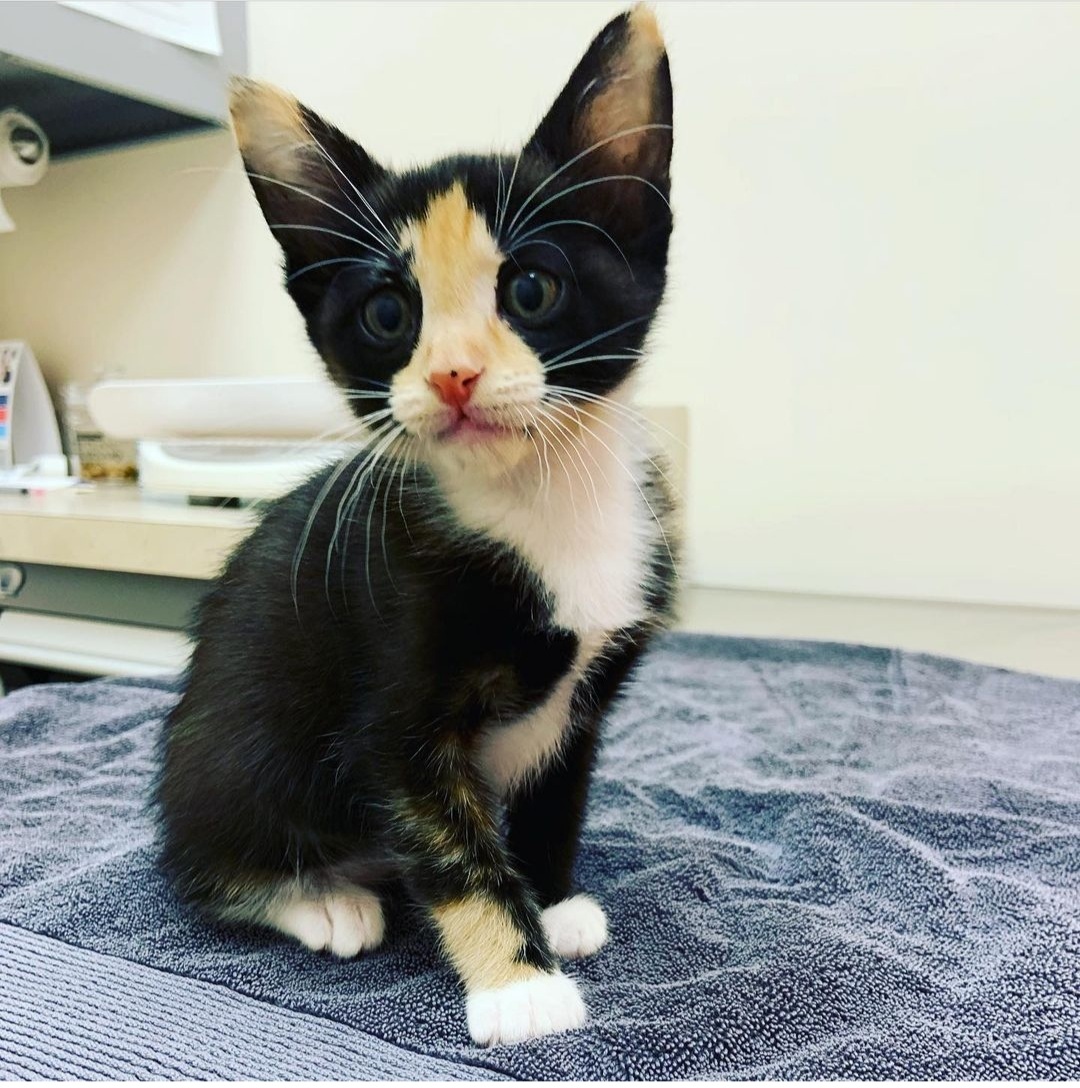The world can be an itchy place for pets who are plagued with skin issues. Your pet can suffer from itchy skin for many reasons, and you may struggle to determine the cause. While a pet’s occasional licking or scratching is normal, when itching becomes so frequent and severe that the condition negatively affects their quality of life, our Red Oak Animal Hospital team should examine your four-legged friend. To provide your pet with effective treatment, our team must first determine the underlying cause for your furry pal’s itchiness. Learn the common causes and treatments for your pet’s itchiness, and how to care for their skin year-round.
Common reasons for pets’ itchy skin

Various conditions cause excessive itching (i.e., pruritus), and the affected skin area often exhibits hair loss, inflammation, redness, or discharge. Pets’ common pruritus causes include:
- Allergies — Allergies commonly cause pets to itch and scratch. Pets can be allergic to various allergens, including substances in their environment, which they often inhale. These substances can also affect your pet through skin barrier damage. Common environmental allergens include pollens, dust mites, molds, and dander. Pets allergic to environmental triggers may experience itchy, inflamed, infected, or dark and thickened skin, ear infections, stained hair, and hair loss. Affected pets are also prone to developing food or flea allergies. To manage your pet’s allergies effectively, your veterinarian will determine the allergic reaction’s cause and create a treatment protocol, which may include medications that target the itch response, such as Cytopoint, medicated shampoos, immunotherapy, a prescription diet, or fatty acid skin supplements.
- Parasites —Parasites can cause itchy skin irritation and lead to excessive scratching. Your pet may be itching because they have contracted a parasite, such as:
- Fleas — When a flea feeds on your pet, they inject a small amount of saliva into your furry pal’s skin. Pets who have flea allergy dermatitis (FAD) are allergic to a protein in flea saliva, and they develop extreme itchiness. One flea bite is enough to cause a reaction in a pet with FAD. To treat your pet’s itching, you must first kill all of the fleas on your four-legged friend’s body and in their environment (i.e., in your house and yard). Our Red Oak Animal Hospital team may also prescribe your pet antibiotics, medications, or medicated shampoos. By ensuring your pet receives year-round monthly preventives, you can help your furry pal avoid flea bites.
- Mites — Sarcoptic mange (i.e., scabies) is a contagious skin disease in dogs and humans. The highly irritating parasite (i.e., Sarcoptes scabiei) burrows in your pet’s skin and causes intense itching and hair loss. Mite treatments include topical and oral medications, and medicated shampoos.
- Skin Infections — Bacterial and fungal infections can cause redness, irritation, and sores on your pet’s skin, leading to excessive scratching and discomfort. These skin infections can occur secondary to another issue, such as allergies, endocrine disorders, anatomical skin folds, or inadequate grooming. However, an infection can also develop as a primary condition. Determining an infection’s cause is necessary, so your veterinarian can prescribe effective treatment.
- Dry skin — If you live in a climate with low humidity and frequent cold weather, your pet’s skin can become dry, itchy, and flaky. In addition to dry skin, your pet’s fur may shed dandruff, especially around the body areas where they have been licking and scratching. Soothing shampoos, proper grooming, and supplements are highly effective in combating dry, irritated skin.
- Endocrine disorders — If your pet’s endocrine system is not working properly, hormone levels, such as those of cortisol and thyroid hormone, can become unbalanced, which can affect your pet’s skin and trigger itching. Medications help rebalance an affected pet’s hormone levels, alleviating skin problems.
- Stress or anxiety — While stress and anxiety typically do not cause itching, this mental health condition can manifest as nervous behavior, resulting in itchiness attributable to excessive licking, chewing, and scratching
How to care for your pet’s skin
Keeping your pet’s coat and skin in tip-top condition is essential to their overall health and wellbeing. Care for your pet’s skin year-round by following these tips.
- Brush your pet’s coat regularly — Regularly brushing your pet’s fur helps remove loose hair, dirt, or debris from their coat and allows you to check for fleas, ticks, and other parasites.
- Groom your pet’s ears — Dirty ears can cause infections and other health problems, and keeping your pet’s ears clean is important. Moisten a cotton ball or a soft cloth with veterinarian-prescribed cleaner, and gently clean your pet’s ears. Avoid using cotton swabs or other implements that can damage your pet’s ears.
- Avoid bathing your pet too often — Avoid stripping your pet’s skin of its natural oils, or causing chemical irritation from shampoo. Only bathe your pet every few months and less often during the winter months. When bathing your pet, use a moisturizing pet shampoo and thoroughly rinse out all the soap.
- Consider skin health supplements — Skin health supplements, such as omega-3 fatty acids, linoleic acid, zinc, biotin, and quercetin, can help reduce an allergic pet’s itchiness and dry, flaky skin, and improve their skin and coat health. To determine which skin health supplements would be most beneficial to your pet, consult with your veterinarian.
Various factors can cause pets’ itchy skin, and sometimes their scratching can become so severe that the condition negatively affects their quality of life. If your pet is scratching, licking, and chewing more than usual, schedule an appointment with our Red Oak Animal Hospital team to ensure your furry pal gets the relief they deserve.








Leave A Comment